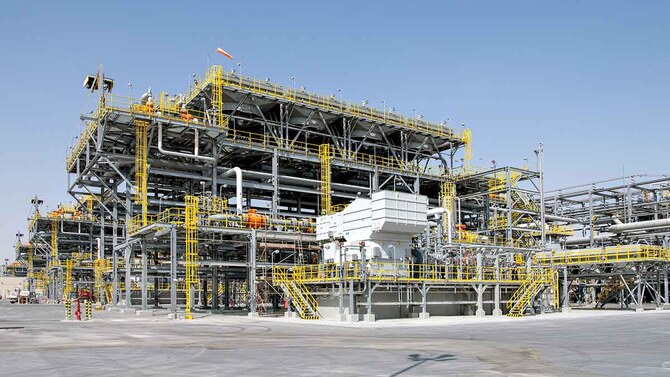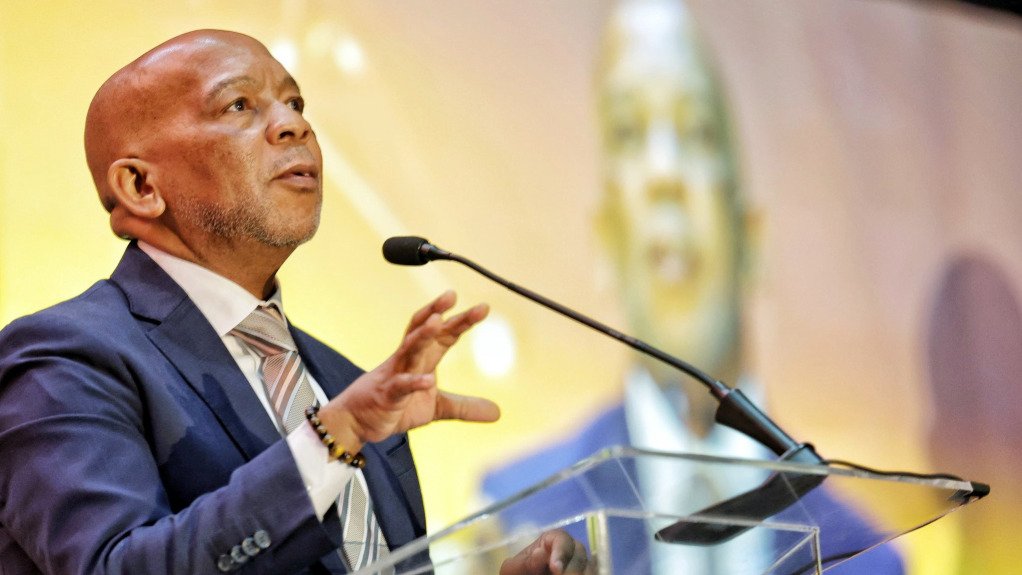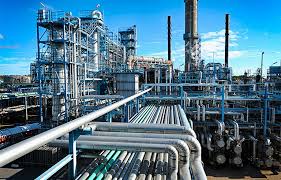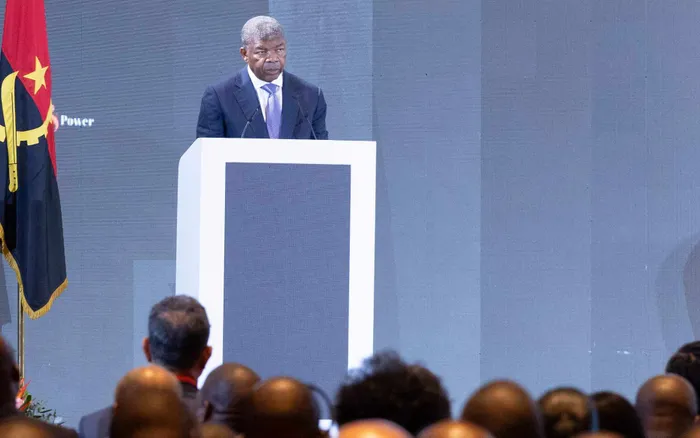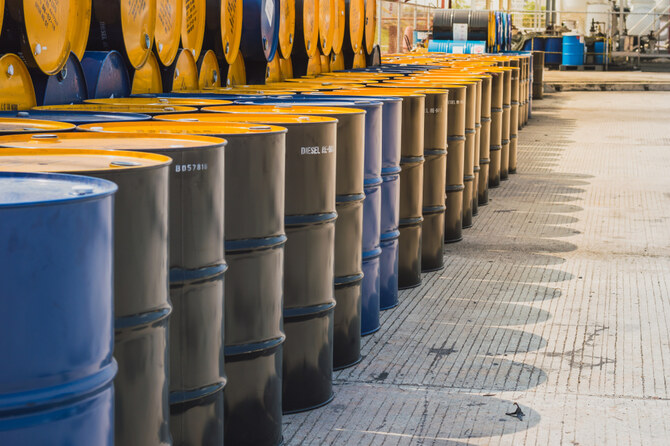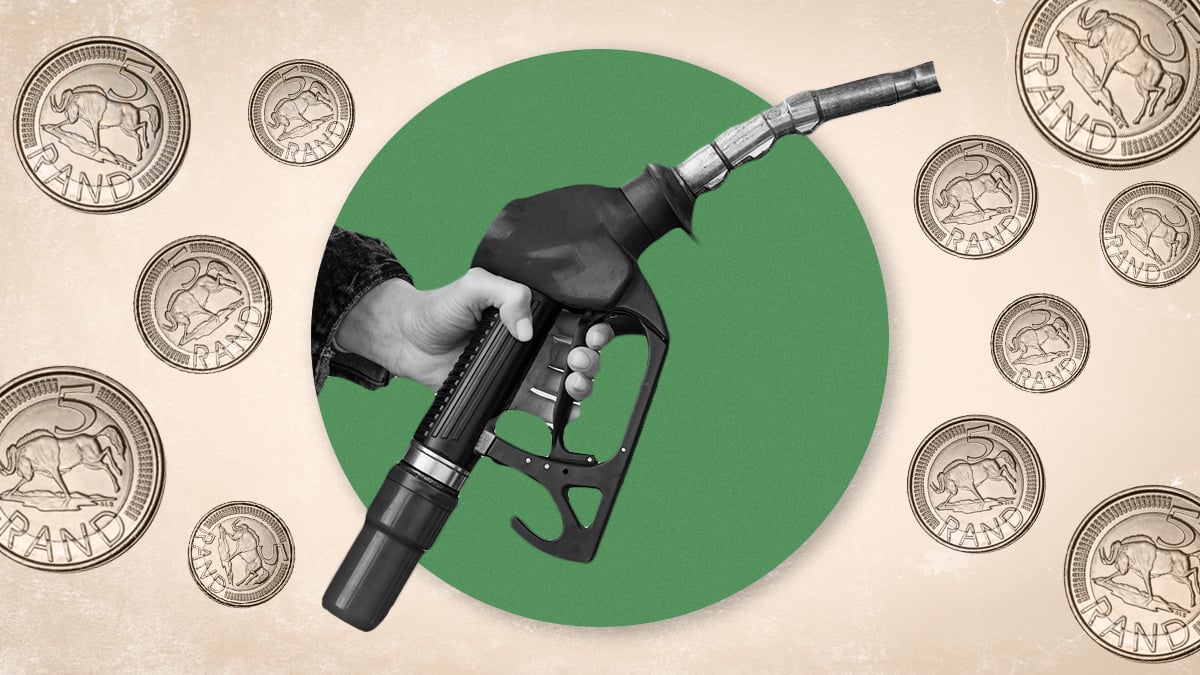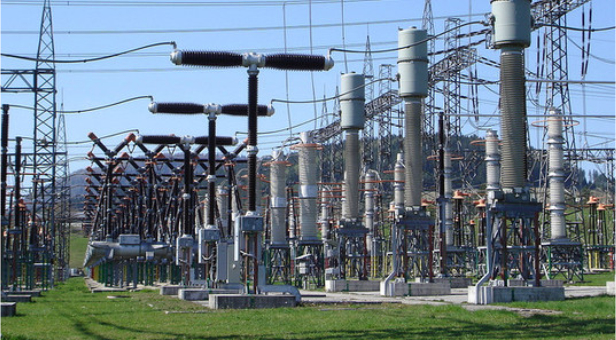Storage

UAE Signals Potential Oil Capacity Increase Beyond 2027
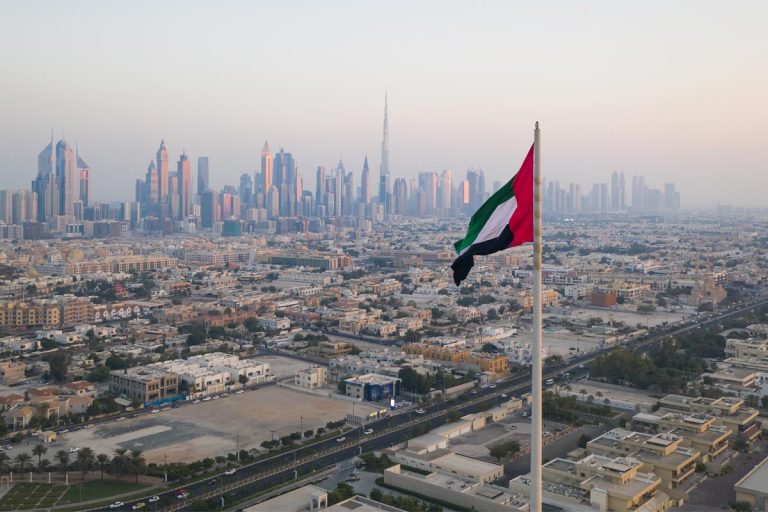
The United Arab Emirates could further expand its oil production capacity after 2027 if required by market conditions, Reuters reported the UAE Energy Minister Suhail Mohamed al-Mazrouei saying. The minister’s remarks suggest the UAE has the potential to become one of the world’s top five oil producers.
According to Reuters, production capacity is a contentious issue within the OPEC+ alliance—comprising the Organisation of the Petroleum Exporting Countries and allies such as Russia—since it determines output quotas for member states. These quotas directly impact how much oil each country is permitted to produce.
Reuters noted that the UAE was granted a higher production quota this year after claiming that OPEC+ was overly restricting its output, despite significant investment to boost capacity from 3 million to 4.85 million barrels per day (bpd). The country’s official target remains 5 million bpd by 2027.
“We can go to 6 million if the market requires,” al-Mazrouei told reporters, according to Reuters. However, he clarified that this figure is not an official target. Following his comments, the UAE energy ministry released a statement confirming the country’s target remains unchanged.
Reuters reported that if the UAE were to achieve 6 million bpd in capacity, it would be able to supply nearly 6% of global oil demand. In capacity terms, this would elevate the UAE from around eighth place globally, based on 2024 figures, to fourth, behind only the United States (21 million bpd), Saudi Arabia (12 million bpd), and Russia (10–12 million bpd). It would place the country on par with Canada and ahead of China, Iraq, and Iran.
As per Reuters, disagreements over capacity have led to tensions within OPEC+. In 2024, Angola exited the group following a dispute over its production quota. In May, OPEC+ commissioned technical teams to develop a mechanism to assess maximum production capacities for setting 2027 quotas.
Reuters highlighted that Iraq and Kazakhstan have also pushed for higher quotas, with Kazakhstan repeatedly exceeding its assigned limits. This overproduction has caused frustration among some members, including Saudi Arabia, which has urged the group to release more oil to defend market share, sources told Reuters.
The news agency also reported that OPEC+ began increasing production in April following years of output cuts. Between April and September 2025, the group is expected to raise production by 2.5 million bpd, including a 300,000 bpd increase in the UAE’s quota. Despite these increases, OPEC+ will retain 3.65 million bpd of production cuts in place until the end of 2026.
Additionally, OPEC cut its global oil demand forecasts for the next four years due to slower growth in China, while lifting its longer-term projections.





